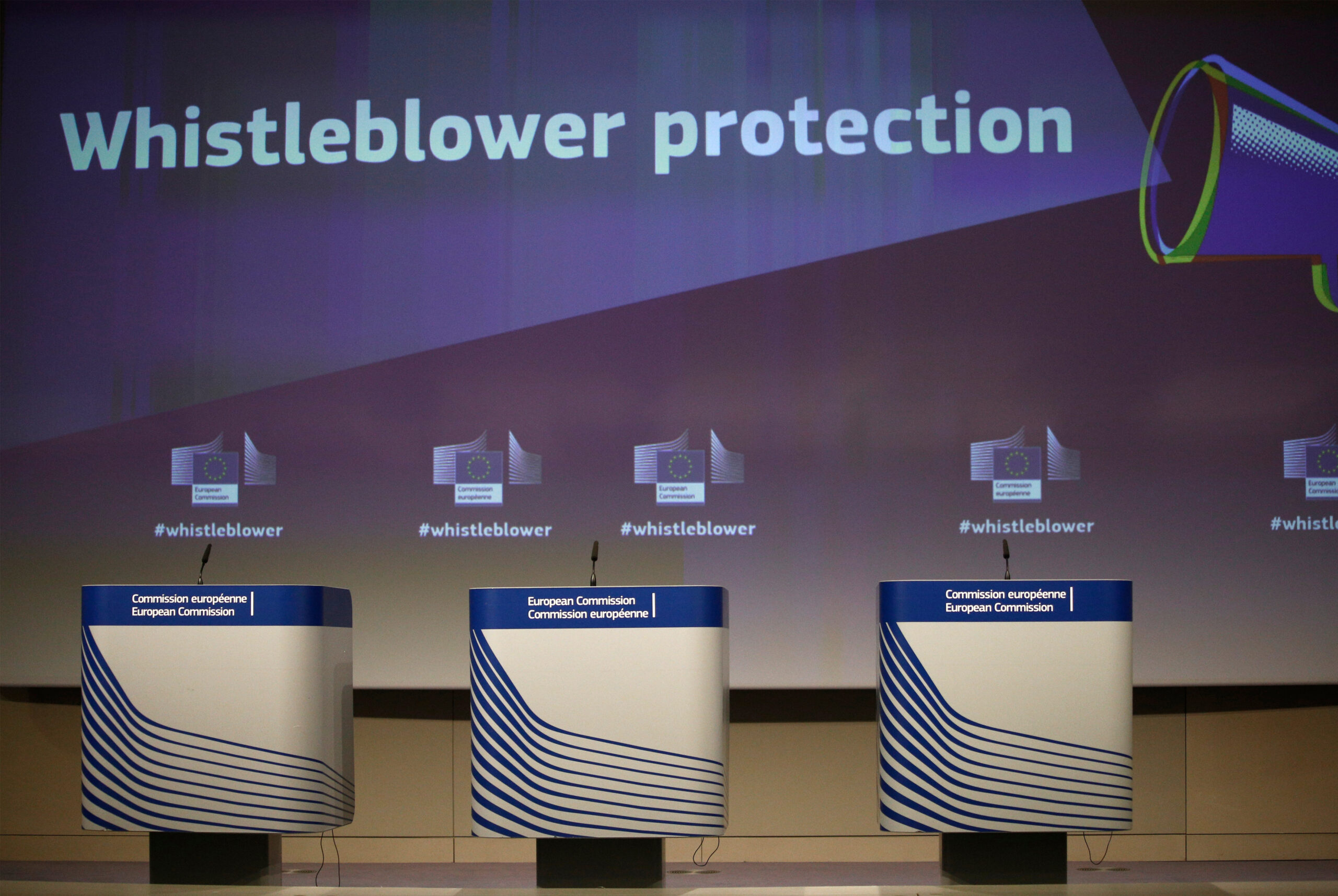Whistleblowing is a crucial mechanism through which individuals, often employees, expose wrongdoing within corporations or organisations, ranging from financial mismanagement to potential risks affecting the health and safety of employees or the broader public.
Recognising the significance of whistleblowing in uncovering injustice, the rights of whistleblowers are safeguarded under the Public Interest Disclosure Act 1998 (PIDA). However, in order to ensure adequate protection for those who come forward, it is essential to assess the effectiveness of current laws and develop legislation that empowers and safeguards employees who report workplace misconduct. To address this need, the UK government has initiated a comprehensive review of the whistleblowing system (the “Review”).
The Review aims to examine the efficacy of existing legislation in achieving its original objectives. As part of this process, the evidence gathering phase is scheduled to conclude in Autumn 2023. The focus of the review will revolve around three key areas: (a) the scope of protection provided by whistleblowing legislation, encompassing all employees, including self-employed contractors and non-executive directors who are currently unprotected; (b) facilitating access to information and providing clear guidelines for whistleblowers; and (c) evaluating how employers handle allegations brought forward by whistleblowers. Reforms to the current laws may encompass a range of measures. These could include expanding the protection granted to whistleblowers to encompass all employees, regardless of their employment status. Moreover, employers could be obligated to respond to whistleblowers and thoroughly investigate the concerns raised. Additionally, there may be efforts to enhance whistleblowers’ access to justice, potentially through the provision of legal aid for individuals who bring forward employment-related claims.
Whistleblowing is particularly significant as employees often possess unique access to vital information, making it an essential source of evidence for the government in combating corruption, fraud, and other financial crimes. Therefore, it is imperative to provide adequate protection for individuals who engage in whistleblowing activities. Beyond financial crimes, issues such as employee safety problems and workplace misconduct also necessitate attention. By encouraging employees to come forward and disclose relevant information, new regulations can help identify and address a multitude of irregularities, bringing UK legislation closer to meeting the standards set by the EU Whistleblowing Directive.




